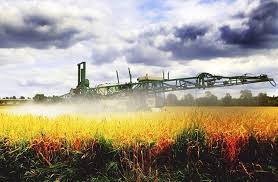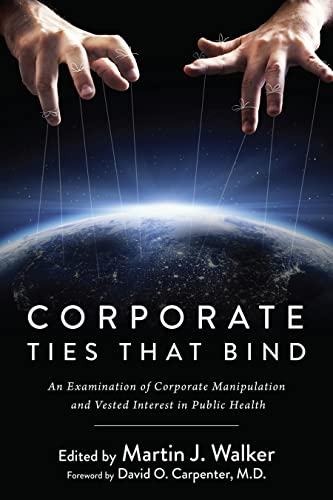"In the general course of nature, a power over a man's subsistence amounts to a power over his will." (Alexander Hamilton, Federalist No. 79)
"Were the government to prescribe to us our medicine and diet, our bodies would be in such keeping as our souls are now." (Thomas Jefferson, Notes on the State of Virginia)
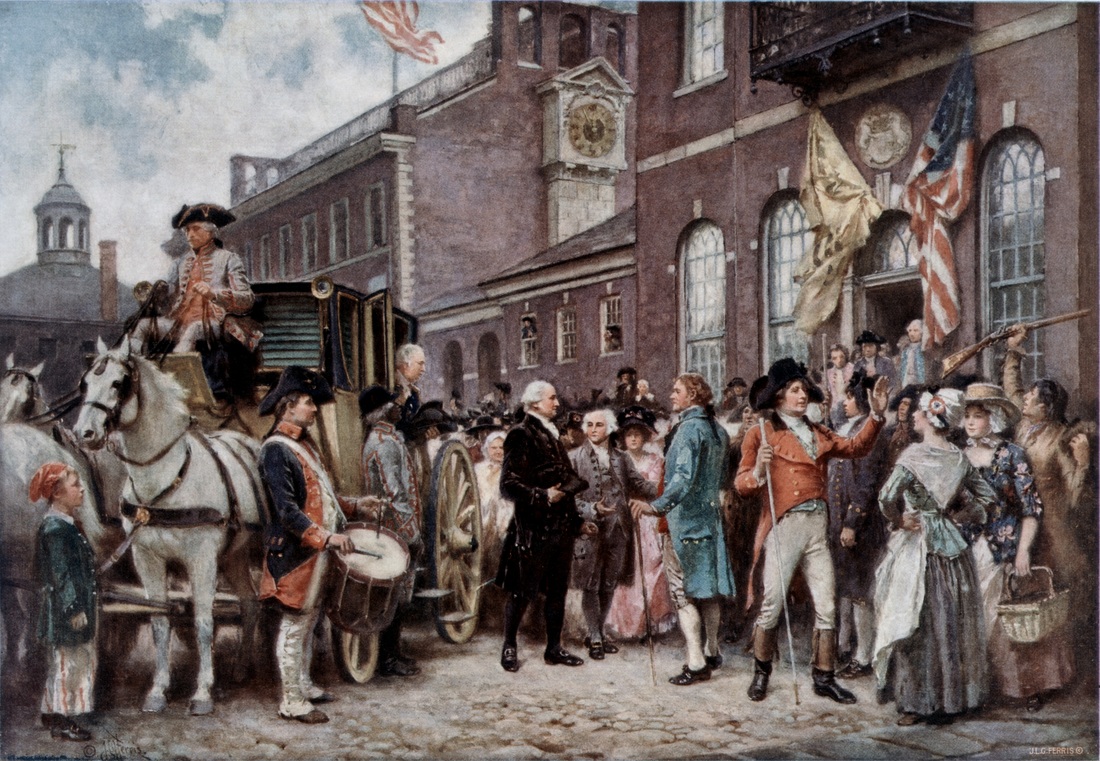
Our True Interests: " Happy will it be if our choice should be directed by a judicious estimate of our true interests, un-perplexed and unbiased by considerations not connected with the public good. But this is a thing more ardently to be wished than seriously to be expected. The plan offered to our deliberations affects too many particular interests, innovates upon too many local institutions, not to involve in its discussion a variety of objects foreign to its merits, and of views, passions and prejudices little favorable to the discovery of truth."
Alexander Hamilton, Federalist Paper #1 Read More

"The subprime mortgage crisis is essentially the story of broken promises and the widespread failure of people to meet their responsibilities. These abuses continued in increasingly brazen forms because government was either remiss in its oversight responsibility or naïve about the likely outcomes. In the face of overwhelming evidence that applicants of home mortgages lie when asked only to state, but not to document, their income and assets, Fannie Mae and Freddie Mac continued to buy and securitize these mortgages and therefore should shoulder much of the blame." Rabbi Aaron Levine, z'l
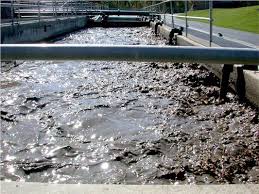
Sewage sludge is the growing and continuous mountain of hazardous waste produced daily by city sewage plants. The sewage sludge industry has created a PR euphemism it uses in place of the words 'sewage sludge': biosolids. There is now a SourceWatch Portal on Toxic Sludge The sewage sludge industry promotes its product through front groups and stakeholders including Water Environment Federation, US Composting Council, BioCycle magazine, and others.
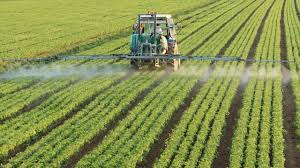
Celiac disease, and, more generally, gluten intolerance, is a growing problem worldwide, but especially in North America and Europe, where an estimated 5% of the population now suffers from it. Symptoms include nausea, diarrhea, skin rashes, macrocytic anemia and depression. It is a multifactorial disease associated with numerous nutritional deficiencies as well as reproductive issues and increased risk to thyroid disease, kidney failure and cancer. Here, we propose that glyphosate, the active ingredient in the herbicide, Roundup(®), is the most important causal factor in this epidemic...
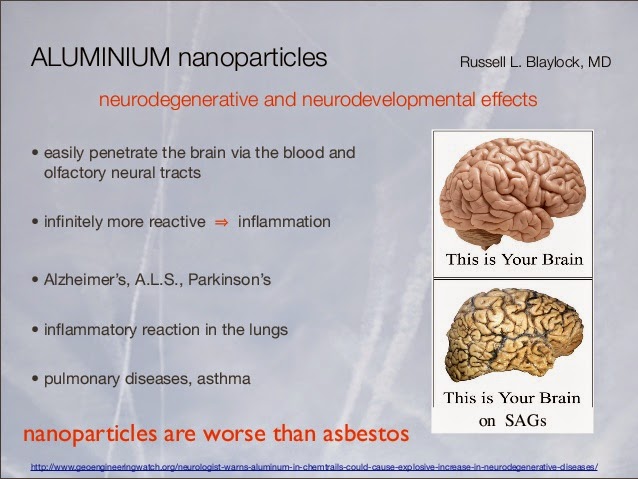
Aluminum induces entropy in living organisms by disrupting all levels of structure.Toxic effects of Al and its compounds tend to proliferate. While higher doses may rapidly affect multiple levels, as in dialysis-associated encephalopathy (DAE), low doses over time, for example, from vaccines, can degrade metabolism and disrupt repair and defense systems and can spiral out of control as in ASIA. Al adjuvants in vaccines directly disrupt biosemiotic systems.
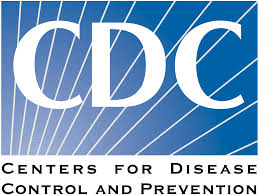
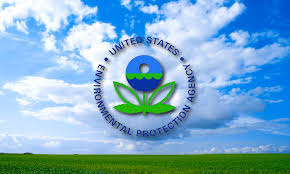
Regulatory bodies can be captured by those whom they are supposed to be regulating, not least by the prospect of well-paid jobs should the gamekeeper turn poacher. They can also be captured in other ways - for example, by their reliance on the entities they regulate for the very data they need to do their work.
Nial Ferguson, The Great Degeneration, pp. 67-69

Whistleblowers could facilitate the regulation of the environmental sector at little to no cost to the taxpayer. Often, potential whistleblowers have timely access to information that would enable them to avert or minimize environmental damage and to protect our communities. However, existing federal and state regulations fail to adequately protect environmental whistleblowers and to incentivize potential environmental whistleblowers. These failures unjustly penalize whistleblowers and discourage potential whistleblowers. This article uses research findings and a case study to illuminate these failings and to argue for reforms that would better protect and incentivize whistleblowers.
by Emily Becker, Harvard Law School

No Good Deed Goes Unpunished
No good deed goes unpunished. This phrase came to mind after reading the results of a 2011 National Business Ethics Survey titled “Retaliation: When Whistleblowers Become Victims.” The report contains some shocking statistics:
- *45% of US workers observed wrongdoing;
*65% of those who witnessed wrongdoing reported it;
*22% of those who reported wrongdoing said they experienced retaliation (an increase of 46% from 2009); and
*46% of those who observed wrongdoing but chose not to report it, cited fear of retaliation as the reason. - Employees who “blow the whistle” or report wrongdoing should be lauded, not vilified. A study conducted by the Association of Certified Fraud Examiners (ACFE) estimates that fraud costs a typical company about 5% of its revenues and that whistle-blowing is the single most common method of fraud detection. Another study shows that “18.3% of the corporate fraud cases in large US companies between 1996 and 2004 were detected and brought forward by employees.” In Europe, the Middle East, and Africa, an analysis by KPMG found that 25% of fraud cases were brought forward by employees and that anonymous tipping was the primary source of detection.
CONTINUE READING AT:
Retaliation against Whistle-Blowers_ No Good Deed Goes Unpunished PDF
 What are the impacts of GMOs on the environment?
What are the impacts of GMOs on the environment?
More than 80% of all GMOs grown worldwide are engineered for herbicide tolerance 5. As a result, use of toxic herbicides like Roundup has increased 16 times since GMOs were introduced 6. GM crops are also responsible for the emergence of herbicide resistant “super weeds” and “super bugs,” which can only be killed with more toxic poisons like 2,4-D (a major ingredient in Agent Orange) 7,8. GMOs are a direct extension of chemical agriculture and are developed and sold by the world’s biggest chemical companies. The long-term impacts of GMOs are unknown, and once released into the environment, these novel organisms cannot be recalled.
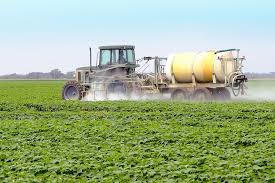
Question: Can wheat crops sprayed just before harvest time retain the Non-GMO Label?
Answer: Hi Gerald,
Sincerely,
Non-GMO Project Outreach Team
Non-GMO Project
1155 N State Street, Suite 502
Bellingham, WA 98225
Why Is Glyphosate Sprayed on Crops Right Before Harvest?
Glyphosate, the main ingredient in Monsanto's Roundup herbicide, is recognized as the world's most widely used weed killer. What is not so well known is that farmers also use glyphosate on crops such as wheat, oats, edible beans and other crops right before harvest, raising concerns that the herbicide could get into food products.
Escalating Use of Probable Carcinogen
Glyphosate has come under increased scrutiny in the past year. Last year the World Health Organization's cancer group, the International Agency for Research on Cancer, classified it as a probable carcinogen. The state of California has also moved to classify the herbicide as a probable carcinogen. A growing body of research is documenting health concerns of glyphosate as an endocrine disruptor and that it kills beneficial gut bacteria, damages the DNA in human embryonic, placental and umbilical cord cells and is linked to birth defects and reproductive problems in laboratory animals.
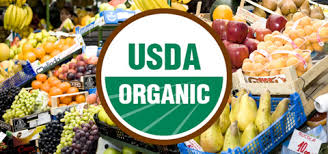
Dear Mr. McEvoy,
Can Organically Grown Foods be grown on Biosolid Deposits deposited by the EPA around the country? Answer: Bios plods are not allowed in organic production.
Miles McEvoy , NOP Deputy Administrator .
Dear Mr. McEvoy,
Can Round-Up can be used on a crop and the crop still retain the title of "USDA Certified Organic"? Answer: Glyphosate is prohibited in organic crop production. It is a synthetic herbicide and not allowed. Miles V. McEvoy, Deputy Administrator, Agricultural Marketing Service – National Organic Program

Organic Standards
Organic is a labeling term that indicates that the food or other agricultural product has been produced through approved methods. The organic standards describe the specific requirements that must be verified by a USDA-accredited certifying agent before products can be labeled USDA organic.
Overall, organic operations must demonstrate that they are protecting natural resources, conserving biodiversity, and using only approved substances.
he organic standards are captured in the Organic Food Production Act, USDA organic regulations, and the National Organic Program Handbook.
NATURE'S PATH BREAKFAST CEREALS
ORGANIC PIONEERS FROM THE BEGINNING
Nature’s Path products were the first USDA certified organic cereals on the market and since then our company and founders have worked tirelessly to keep organic advocacy at the forefront of our mission. We continually invest in farmland, converting it to organic, and we always challenge organic standards for the better.


Question: Can wheat crops sprayed just before harvest time retain the Non-GMO Label?
Answer: Hi Gerald,
New Discoveries, New Challenges
